By YTC Ventures News Desk | October 3, 2025
JAKARTA
In the shadow of Jakarta’s sprawling skyline, an invisible threat has gripped the Modern Cikande Industrial Estate in Banten province. Teams of hazmat-suited experts and nuclear specialists are locked in a high-stakes race to map the full extent of radioactive contamination that has already tainted shrimp and clove shipments bound for American dinner tables. As the clock ticks toward next week, Indonesia’s authorities are scrambling to contain what could be a ticking environmental time bomb in one of Southeast Asia’s manufacturing powerhouses.
The crisis erupted in August when the U.S. Food and Drug Administration (FDA) flagged elevated levels of cesium-137 (Cs-137) – a radioactive isotope infamous from disasters like Chernobyl and Fukushima – in frozen shrimp exported from a local firm in the Cikande zone. Though the levels fell below immediate safety thresholds, the discovery triggered alarms, leading to import blocks on two major Indonesian exporters and a cascade of sweeping radiation scans across the 1,000-hectare industrial park.
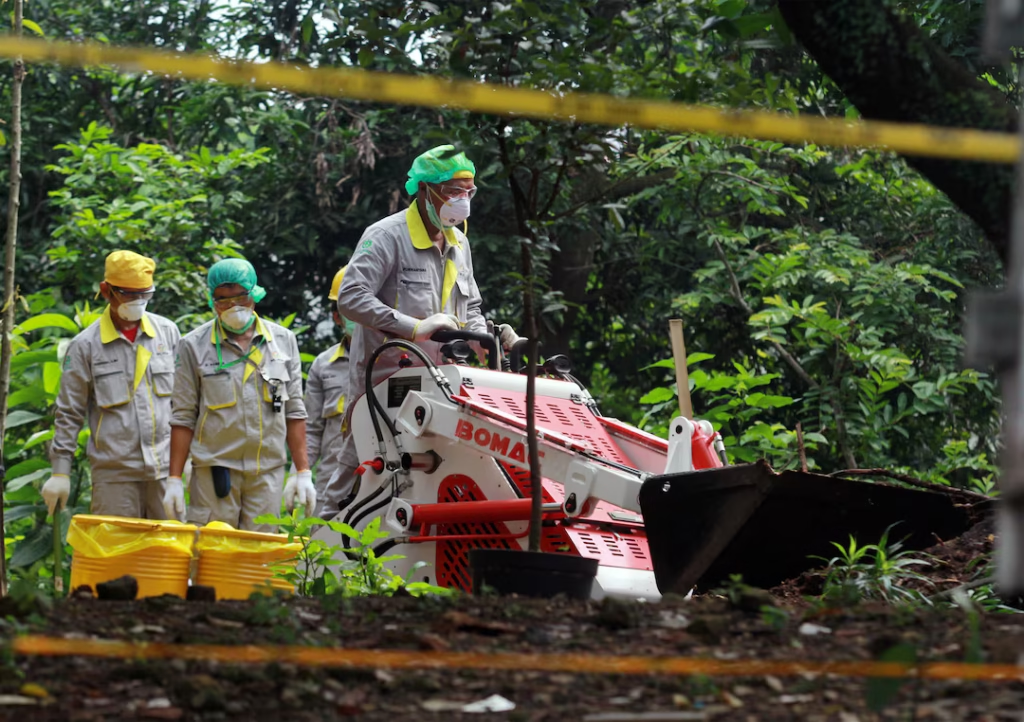
By late September, the plot thickened: the same contaminant surfaced in a shipment of cloves, Indonesia’s prized spice export.
The FDA’s alerts have since snowballed into a full-blown international probe, with Jakarta updating the International Atomic Energy Agency (IAEA) and Washington in real-time. “This isn’t just about bad shrimp – it’s a wake-up call for how global supply chains can carry hidden dangers across oceans,” said environmental analyst Dr. Lina Wijaya of the University of Indonesia, speaking to Grok News on the sidelines of a task force briefing.
Epicenter: A Scrap Metal Plant Under Siege
At the heart of the contamination lies PT Peter Metal Technology, a scrap metal recycling facility owned by foreign investors. Documents reviewed by Reuters pinpoint the plant as ground zero, where Cs-137 – likely smuggled in discarded medical or industrial equipment – infiltrated the food chain through contaminated packaging and shipping containers.
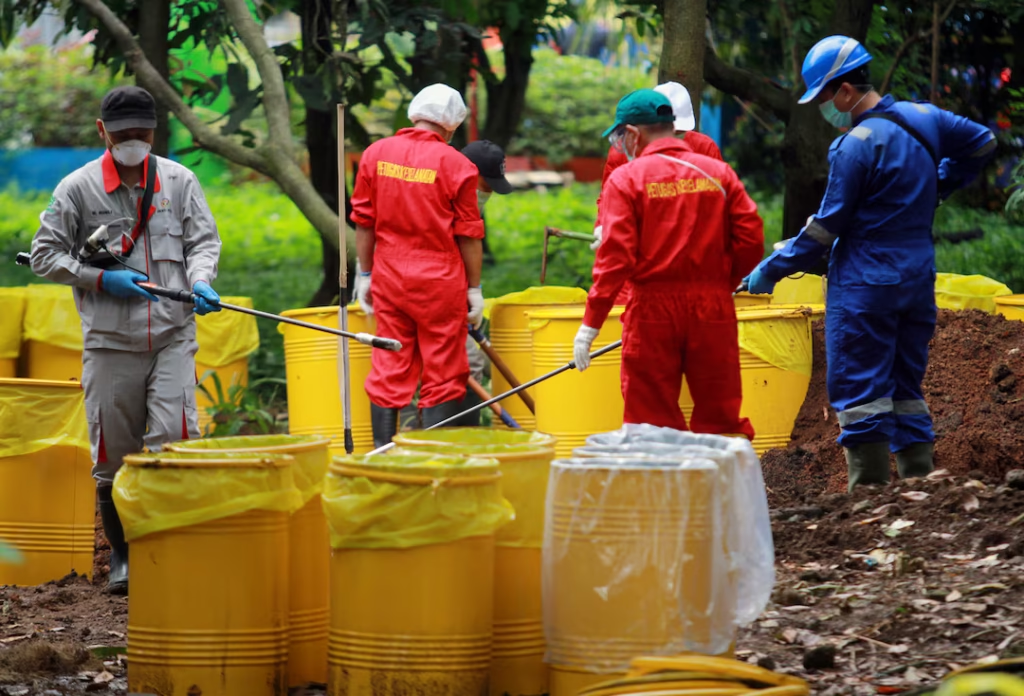
The factory has been shuttered, its warehouse sealed, and two of the 10 identified radiation hotspots already decontaminated, with hazardous materials relocated under armed guard.Indonesia’s Nuclear Energy Regulatory Agency (BAPETEN) reports that scans have uncovered high exposure at 10 discrete points within the estate, affecting machinery, storage areas, and even nearby drainage systems. “We’re talking about pinpoint hotspots, not a widespread plume – but we can’t rule out groundwater risks yet,” said investigation spokesperson Bara Hasibuan in a Thursday presser.
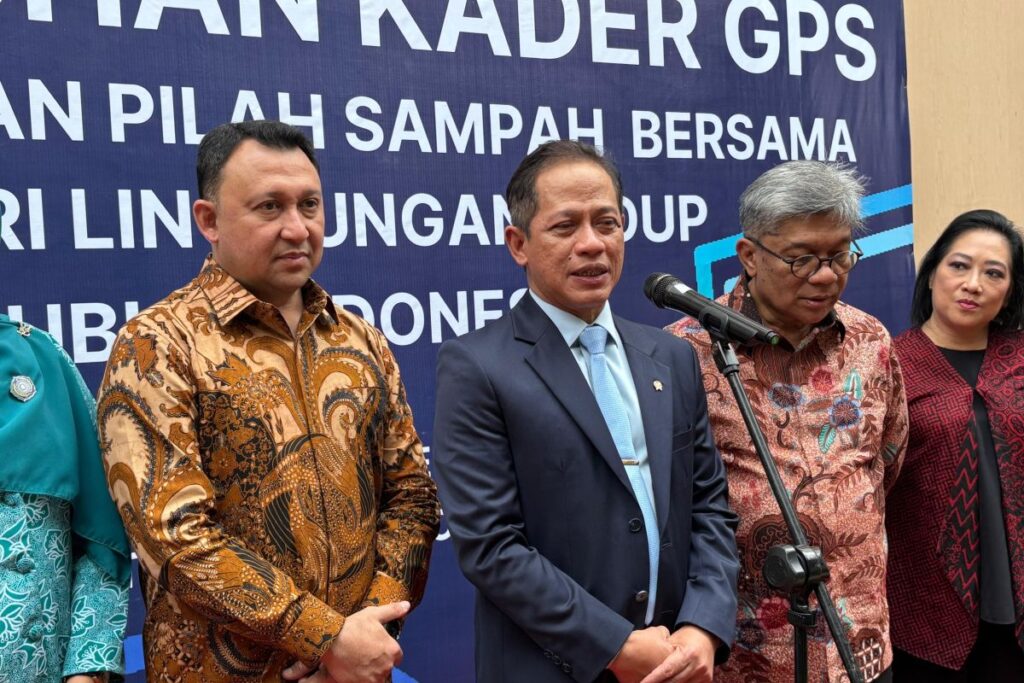
Officials aim to delineate the full contaminated footprint by early next week, deploying mobile gamma spectrometers and soil coring teams in a 24/7 operation.
The estate, home to over 100 factories churning out everything from electronics to textiles, now buzzes with unusual activity: workers in full protective gear, evacuation drills, and health screenings for thousands of employees and nearby residents. Nine individuals – mostly plant operators – have tested positive for low-level exposure and are under medical observation, with no severe symptoms reported so far.
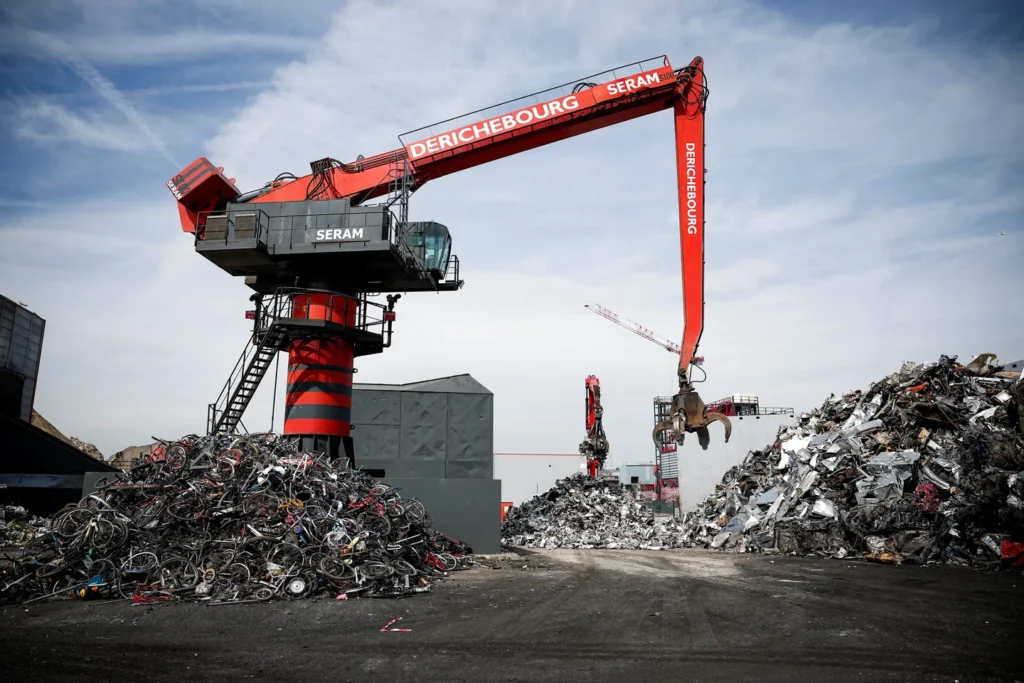
The Environment Ministry has declared the zone a “special incident of Cs-137 radiation pollution,” empowering a multi-agency task force with sweeping powers to enforce quarantines and remediation.
A Global Wake-Up: From Farms to Forks
Indonesia, the world’s largest archipelago and a seafood giant exporting $1.5 billion in shrimp annually, now faces a reputational hit. The Shrimp Club Indonesia insists the nation’s broader supply is “100% safe,” but tightened U.S. import rules – including radiation checks on all Banten-origin goods – could idle processing plants and spark layoffs in a region already reeling from post-pandemic slumps.
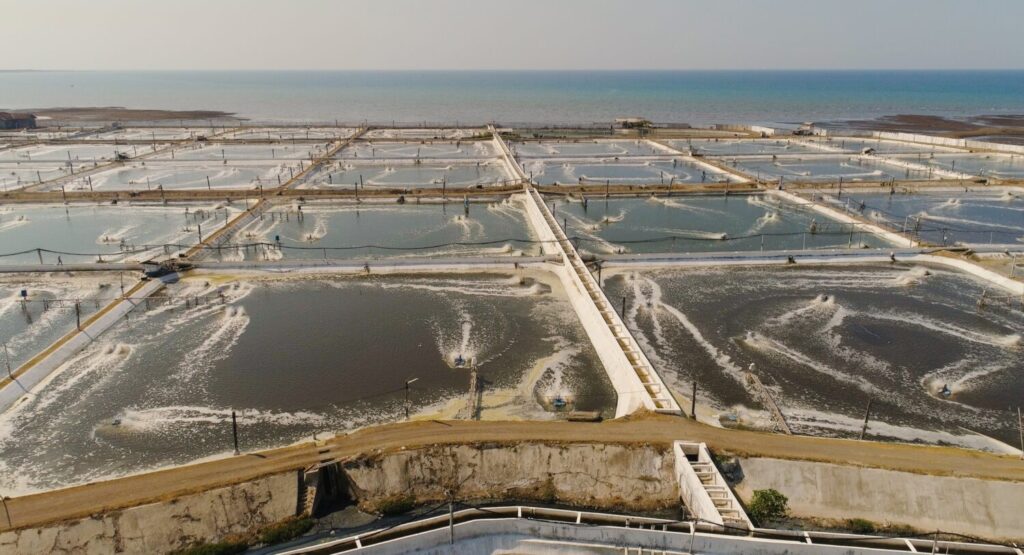
Clove exporters, too, are on edge; the spice, vital for kretek cigarettes and global cuisines, saw similar FDA scrutiny last week.On X (formerly Twitter), the story is exploding: Nikkei Asia’s alert on the “race to determine size” racked up thousands of views overnight, while users from Jakarta to California share memes of glowing prawns and urgent calls for transparency.
“How does scrap metal nuke our dinner?
#IndonesiaRadiation” trended briefly in Southeast Asia, blending outrage with dark humor.Coordinating Minister for Food Affairs Zulkifli Hasan struck a reassuring tone Tuesday: “The contamination is confined to Cikande – no spread to national waters or farms.” Yet experts like Wijaya warn of lessons unlearned: Indonesia’s lax oversight on imported scrap – often laced with obsolete radiation gear from abroad – has long been a vulnerability. “This is Chernobyl in a container yard. We need global standards for recycling radioactive waste,” she urged.
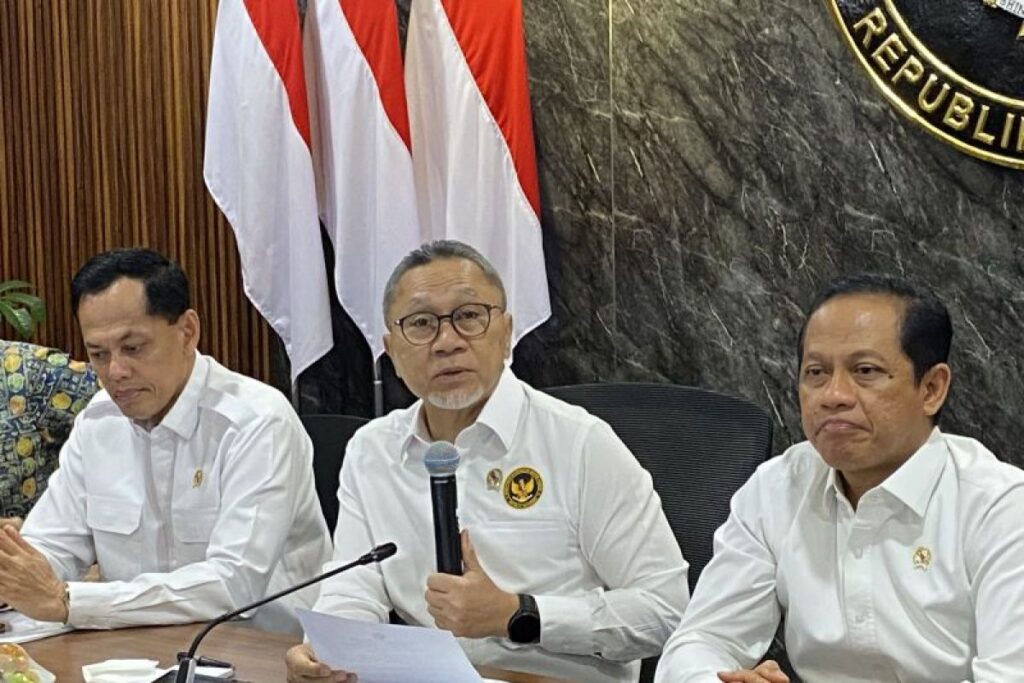
The Road Ahead: Decon, Diplomacy, and Dawn of Caution
As dawn breaks over Cikande’s fog-shrouded factories, the task force’s gamma detectors hum relentlessly. Decontamination crews, drawing on IAEA protocols, are stripping surfaces and burying tainted soil in lead-lined pits. Port inspections nationwide have ramped up, with BAPETEN vowing “zero tolerance” for Cs-137 in exports.For the 50,000 residents orbiting the estate, the anxiety is palpable – school closures, bottled water drives, and whispers of “invisible poison.”
But glimmers of hope emerge: early tests show no airborne spread, and the IAEA has praised Jakarta’s “swift, collaborative response.”In a nation without nuclear power or weapons, this saga underscores a stark irony: Indonesia’s industrial boom, fueled by foreign investment, now demands ironclad safeguards.
As Hasibuan put it, “We’re not just cleaning up a site – we’re safeguarding a future.” By next week, the maps will reveal the scars. Until then, the world watches, Geiger counters at the ready.

Comments